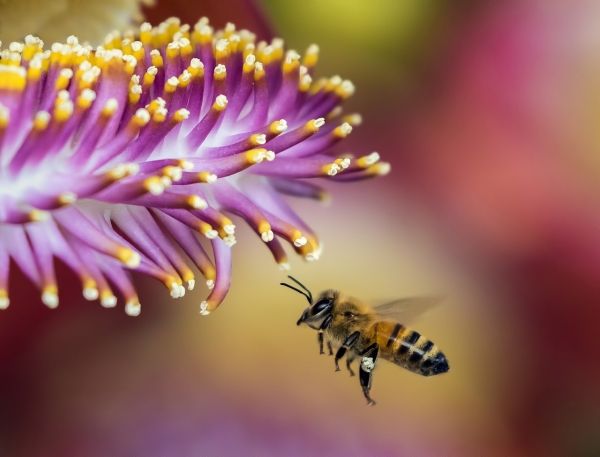Disappearing habitats and use of pesticides are driving the loss of pollinator species around the world, posing a threat to “ecosystem services” that provide food and wellbeing to many millions – particularly in the Global South – as well as billions of dollars in crop productivity.
This is according to an international panel of experts, led by the University of Cambridge, who used available evidence to create the first planetary risk index of the causes and effects of dramatic pollinator declines in six global regions.
The bees, butterflies, wasps, beetles, bats, flies and hummingbirds that distribute pollen, vital for the reproduction of over 75% of food crops and flowering plants – including coffee, rapeseed and most fruits – are visibly diminishing the world over, yet little is known of the consequences for human populations.
“What happens to pollinators could have huge knock-on effects for humanity,” said Dr Lynn Dicks from Cambridge’s Department of Zoology. “These small creatures play central roles in the world’s ecosystems, including many that humans and other animals rely on for nutrition. If they go, we may be in serious trouble.”
Read more at University of Cambridge
Photo Credit: Pexels via Pixabay


